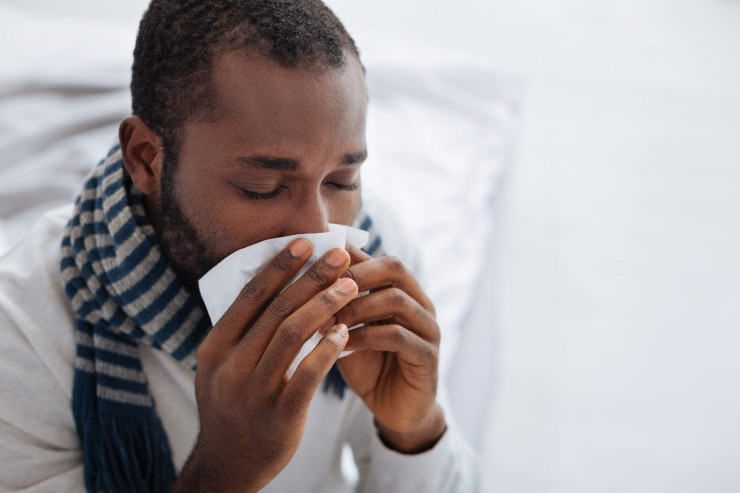Flu vaccinations help protect the most vulnerable in our society from catching the flu and reduce the risk of hospitalisation and even death from the virus.
With the NHS already under considerable strain because of COVID19, an additional flu epidemic this winter could be catastrophic. That’s why, this year, it’s even more important to get the flu vaccination than before.
We understand that you may have several questions about flu vaccinations. To help you become better informed, we’ve gathered together some of the answers to help you make the right decision for you and your family.
When does flu season happen?
Flu viruses return every winter and usually peak around December or January. However, cases have been reported as late as May some years. We never know how bad the flu season will be each year.
Do I need a vaccine?
Yes, we highly recommend that everyone gets vaccinated against the flu virus this year.
This will help reduce your chances of catching the flu and save the NHS valuable resources that could be used to fight the current coronavirus pandemic.
Remember, people die from the flu every year.
Who will get offered the vaccine first this year?
This year, the vaccine will be offered in the following order:
Those who were asked to shield from the coronavirus (and those they live with)
Those with certain medical conditions such as asthma, diabetes and heart problems
Pregnant women
Children between the ages of 2 and 11.
Children in year 7 (first year of secondary school).
Those over 65 years old
The programme is also being extended to those between 50-64 years old with vaccinations taking place later in the season. If you fall into this age group, you can join our waiting list by contacting your local Whitworth branch and they will get in touch with you when dates become available. Alternatively, if you prefer not to wait, you can pay to have a flu jab earlier. Find out more by clicking here.
Can I get my flu jab on the NHS?
Certain people are eligible for a free flu vaccination on the NHS. If not, you can pay privately. It costs just £12.
When should you get a vaccine?
Most years we’d recommend getting your flu jab in October or November. However this year we’d highly recommend that you get it as early as possible.
No one knows how the COVID-19 pandemic will affect the flu season and vice versa. This is why the government is taking extra steps to protect as many people as possible this year.
You can have the vaccination later if you need to (if stocks remain) but you’ll be missing out on the protection you may need.
Why do I need a flu jab when I had one last year?
The viruses that cause the flu change every year. This means the flu this winter may be different from last winter and you may not have any protection.
Does the flu jab cause flu?
No. The flu vaccination doesn’t contain any live virus so it can’t cause the flu. However, you might have a slight temperature or aching muscles as the vaccine takes effect.
How long will the flu vaccine protect me for?
The flu vaccine will protect you for this winter’s flu season. You will need a vaccination every year for lasting protection.
How long does it take for the flu vaccine to work?
The flu vaccine takes between 10-14 days to take effect.
Is there anyone who cannot have a flu vaccine?
The flu vaccine is safe for most people.
However, there are certain groups who shouldn’t have it including those who have had a reaction to a flu vaccine before and those who have had a reaction to the vaccine ingredients, although this happens extremely rarely.
You should also exercise caution if you have an egg allergy.
Can pregnant or breastfeeding women have the flu vaccine?
Yes! Pregnant women should have the flu vaccine to help protect themselves and their unborn child from falling sick. It’s also safe for breastfeeding mothers and poses no risk to mother or child.
If you’d like to know more about getting the flu vaccination this year, please contact your local branch of Whitworth for more help. Remember- if you are eligible for a vaccine on the NHS you will receive a letter.



